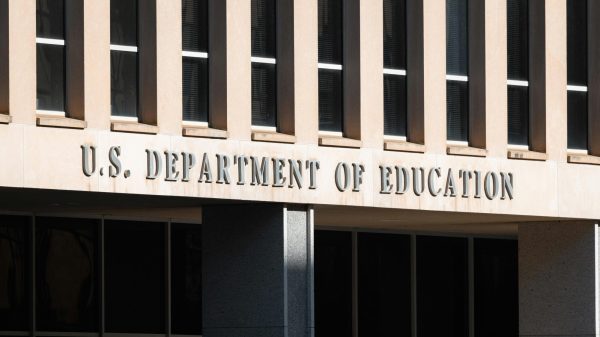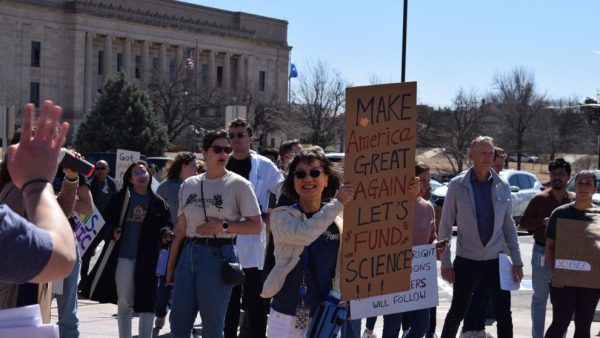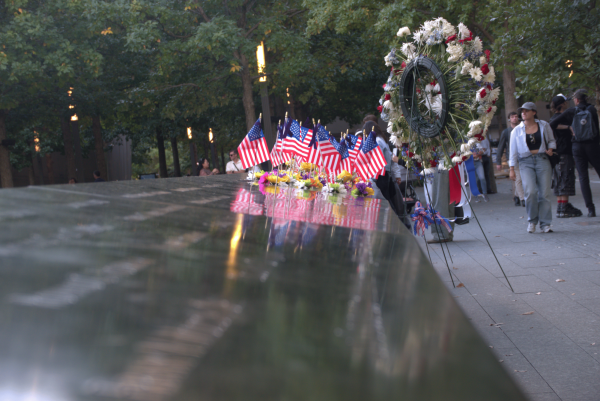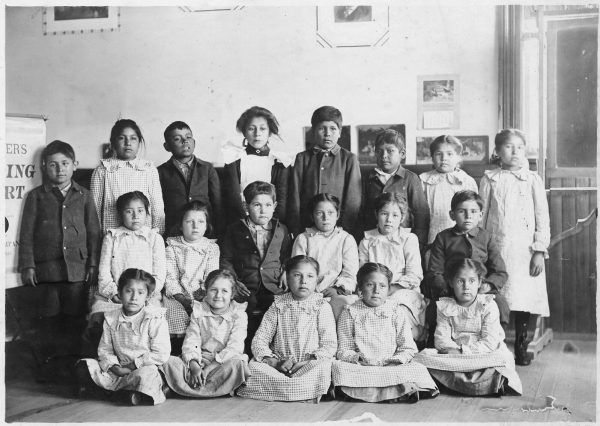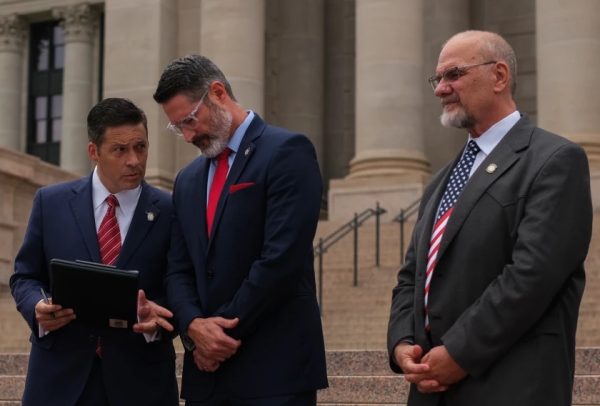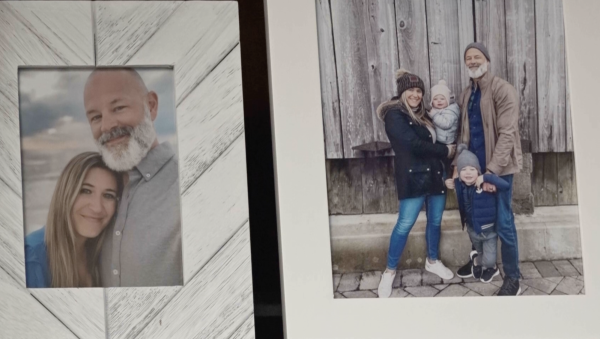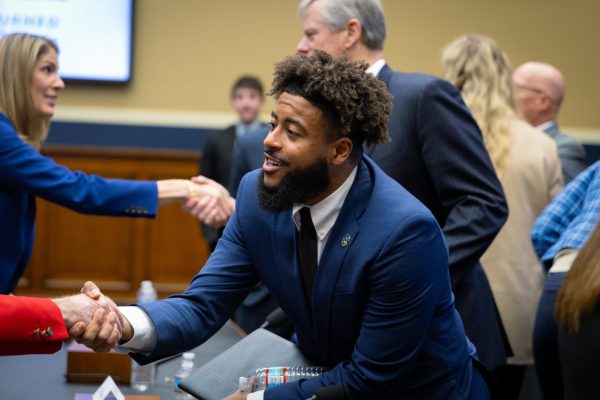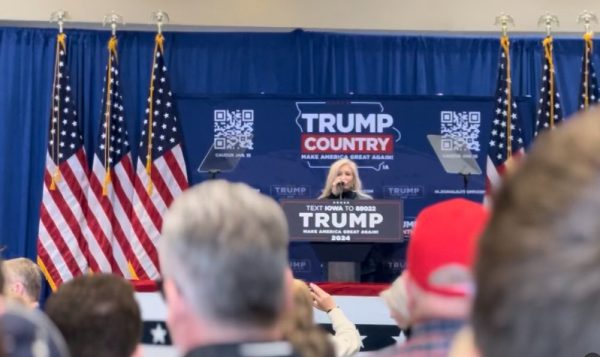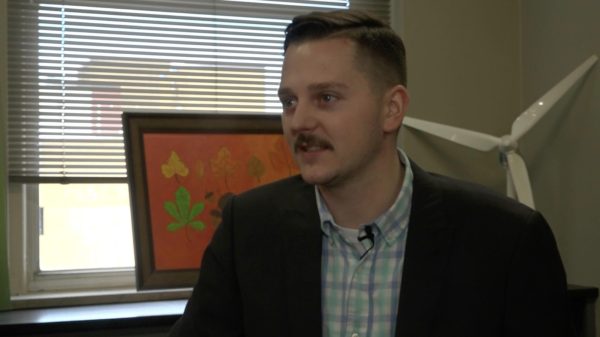Supreme Court to rule on tribal justice remotely via telephone
A tribal sovereignty issue that has been wending its way through the courts for two decades may be finally heading toward a final decision before a home-bound U.S. Supreme Court.
McGirt v. Oklahoma oral arguments will be held in front of the Supreme Court despite the coronavirus pandemic which has caused massive shutdowns nationwide.
The U.S. Supreme Court has announced 10 cases that were previously postponed due to coronavirus safety concerns will be heard by telephone conference May 4-6 and 11-13.
The case was feared to be off the table for the Court’s 2020 term due to coronavirus developments, but the court has come up with a plan to continue remotely–the first time since the Supreme Court court first convened in 1790.
Jonathan Turley, an attorney, legal scholar and analyst, tweeted about this announcement saying, “The Supreme Court just announced it will hold virtual hearings in May, as I previously called for. I hope that the move into the 21st Century will not stop there. “
Turley linked to his blog about the reluctance of Congress and the Supreme Court to allow remote technology in times of absence.
“Democracy at a distance is better than no democracy at all in times of emergency,” Turley said.
News media will be allowed to listen in on a live audio feed of the arguments but there is still no word on how or if the public will be able to observe. As the situation develops, more information will be released on the SCOTUS blog.
The Five Civilized Tribes and the state both thought they were near resolution of the issue last year with a murder case involving Patrick Murphy.
But the court failed to settle the case of Murphy, a convicted murderer now on death row. No decision was reached in the Sharp v. Murphy case, leaving an answer unsaid from the Supreme Court.
Instead of rehearing the Murphy case, the court took up McGirt v. Oklahoma which is centered on the argument of jurisdiction of the state and federal law when it comes to enrolled members accused of committing crimes within historical tribal boundaries.
This is different from the Murphy case which was centered on whether the 1866 territorial boundaries of the Creek Nation constitute an “Indian Reservation”.
Lawyers for McGirt argue Oklahoma prosecutors had no authority to try Jimcy McGirt, a convicted child rapist, under the Indian Major Crimes Act.
Originally convicted by a Wagoner County jury over two decades ago of first-degree rape, lewd molestation and forcible sodomy, McGirt was sentenced to 500 years for each of the rape and molestation counts and life without parole for the forcible sodomy charge.
He argues because the crimes allegedly took place on the Creek reservation, the federal courts should have had jurisdiction to try him in court. Additionally, as an enrolled member of the federally-recognized Seminole/Creek Nations of Oklahoma, the state of Oklahoma had no authority to prosecute.
Multiple amicus briefs have been filed on behalf of the petitioner, including those from U.S. Rep. Tom Cole (R-Okla.), former Oklahoma Governor Brad Henry as well as multiple Tribal Nations. An amicus brief, short for amicus curiae, is the Latin term for “friend of the court.”
A reply brief from Jimcy McGirt filed on Friday, April 10, stated the federal government gave the Creek Nation a reservation and that the Creek domain was not a “Dependent Indian Community.” Furthermore, Congress never de-established the reservation and never transferred the jurisdiction of the Creek Reservation to Oklahoma.
Lawyers for the state argued a finding that Congress never de-established the reservation would have devastating impact to state prosecutions dating back years.
This potential consequence could also retroactively affect past crimes committed by Native people currently in state holding like Murphy, said Oklahoma Attorney General Mike Hunter, who attended the Murphy arguments.
“The uncertainty that it would create with regard to state prosecutions, convictions, finality, the parties that are affected by crimes, is certainly something that we are deeply concerned about,” Hunter said after the Murphy hearing.
Historical tribal boundaries created in 1866 will be once more argued in the highest court 154 years later as tribal justice is in question.
Now it is up to the court to decide if the state truly didn’t have jurisdiction in order to deem the prosecution of Jimcy McGirt by the State of Oklahoma “unconstitutional” or not via telephone conference, cementing the severity of the coronavirus pandemic by posing new hurdles in the judicial process.
Gaylord News is a reporting project of the University of Oklahoma Gaylord College of Journalism and Mass Communication.


